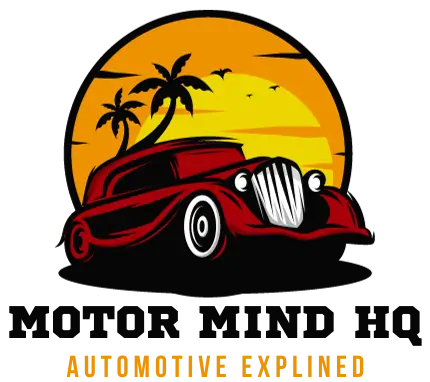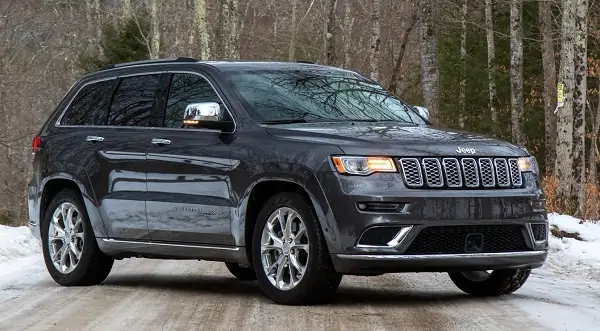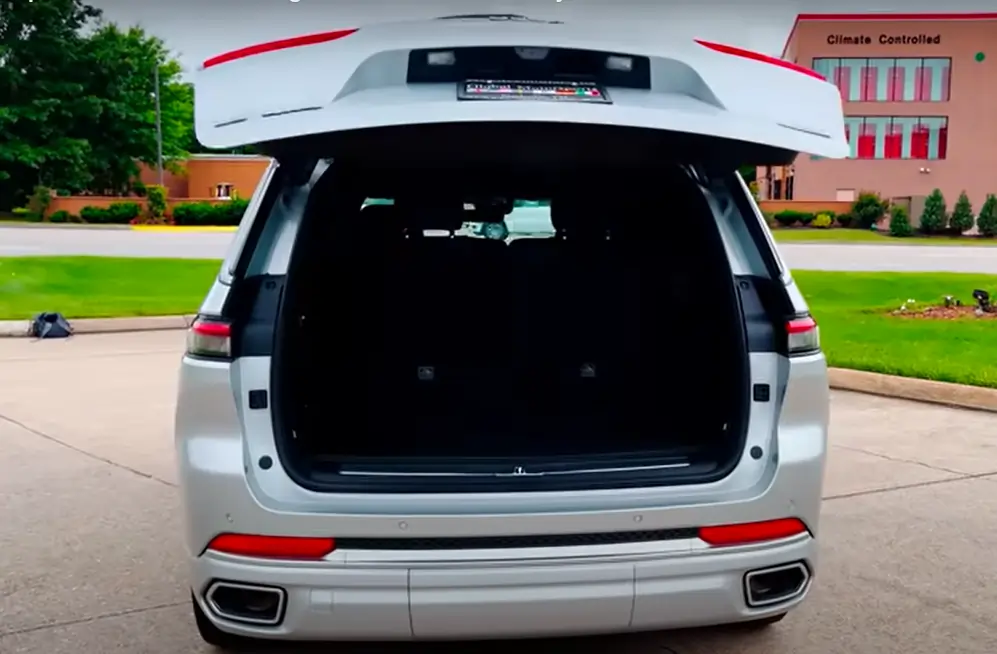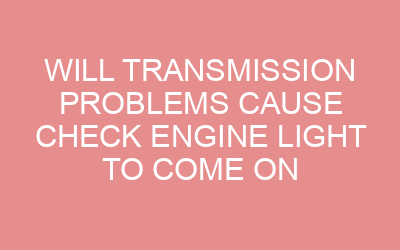The 2020 Jeep Grand Cherokee stands out as a robust SUV offering exceptional off-road capabilities and on-road comfort. To ensure it performs at its best, understanding its fuel requirements is crucial. This guide will provide an in-depth look at what fuels your Grand Cherokee needs, how to maintain fuel efficiency, and how it compares to other SUVs in its class.
Fuel Types and Specifications
Recommended Fuel Type
The 2020 Jeep Grand Cherokee offers several engine options, each with specific fuel needs:
- 3.6L V6 Engine: This engine is standard in many trims, such as the Laredo and Limited. It operates efficiently on regular unleaded gasoline with an octane rating of 87. This choice strikes a balance between cost and performance, making it suitable for daily driving and typical road conditions.
- 5.7L V8 Engine: Found in the Overland and Trail hawk trims, this engine is designed for those who need additional power for towing or off-road adventures. Although it can run on regular unleaded gasoline, using premium fuel with an octane rating of 91 or higher enhances performance and fuel efficiency. This premium fuel helps in reducing knocking and ensures smoother operation.
- 6.4L V8 Engine: This engine is available in the Grand Cherokee SRT, known for its performance-oriented design. Premium unleaded gasoline is essential for this engine, providing the necessary octane to support its high power output and maintain engine health.
- 6.2L Supercharged V8 Engine: Featured in the Hellcat variant, this engine demands premium unleaded gasoline to handle its extreme horsepower and torque. Using premium fuel helps in achieving the engine’s full performance potential and avoiding issues such as pre-detonation.
Fuel Capacity
The 2020 Jeep Grand Cherokee’s fuel tank has a capacity of 24.6 gallons, allowing for extended driving ranges. This is particularly beneficial for off-road enthusiasts and long-distance travelers. Here’s how it stacks up against competitors:
| SUV Model | Fuel Tank Capacity | Approximate Range |
|---|---|---|
| Jeep Grand Cherokee | 24.6 gallons | 400-500 miles |
| Toyota 4Runner | 23.0 gallons | 350-450 miles |
| Ford Explorer | 20.2 gallons | 300-400 miles |
| Chevrolet Tahoe | 28.0 gallons | 500-600 miles |
The Grand Cherokee’s larger tank size offers a substantial range, making it well-suited for both urban and off-road adventures.
Fuel Efficiency
City vs. Highway MPG
Fuel efficiency can vary significantly based on the engine and driving conditions. The following are the EPA estimates for different engine options:
- 3.6L V6 Engine:
- City: 19 MPG
- Highway: 26 MPG
- 5.7L V8 Engine:
- City: 14 MPG
- Highway: 22 MPG
- 6.4L V8 Engine:
- City: 13 MPG
- Highway: 19 MPG
- 6.2L Supercharged V8 Engine:
- City: 11 MPG
- Highway: 17 MPG
These numbers illustrate how engine size and type affect fuel consumption. Larger engines, especially those with high performance or supercharged capabilities, generally have lower fuel efficiency.
Eco-Friendly Driving Tips
Improving fuel efficiency can lead to cost savings and reduced environmental impact. Here are some tips:
- Adopt Smooth Driving Habits: Avoiding rapid acceleration and sudden braking can enhance fuel efficiency. Smooth driving reduces the load on the engine, leading to better mileage.
- Maintain Proper Tire Pressure: Ensure your tires are properly inflated. Under-inflated tires increase rolling resistance, which can decrease fuel efficiency.
- Regular Engine Maintenance: Follow the manufacturer’s maintenance schedule, including regular oil changes and air filter replacements. A well-maintained engine performs more efficiently.
- Utilize Cruise Control: On highways, cruise control helps maintain a steady speed, which can improve fuel efficiency and reduce the need for constant acceleration and braking.
Modern technologies, like the start-stop system, can also contribute to fuel savings by shutting off the engine when idling and restarting it when necessary.
Fuel Quality and Octane Ratings
Octane Requirements
The 2020 Jeep Grand Cherokee’s engine variants have different octane requirements:
- 3.6L V6 Engine: Requires regular unleaded gasoline with an octane rating of 87. Using higher-octane fuel won’t necessarily improve performance but can be used if regular is not available.
- 5.7L V8 Engine: Benefits from premium unleaded gasoline with an octane rating of 91 or higher. This helps to prevent knocking and ensures the engine runs smoothly.
- 6.4L V8 and 6.2L Supercharged V8 Engines: These high-performance engines require premium unleaded gasoline with an octane rating of 91 or higher. Premium fuel is crucial for these engines to achieve peak performance and longevity.
Fuel Additives
Fuel additives can enhance engine performance and cleanliness. Here’s a look at some common additives:
- Top Tier Detergent Gasoline: This type of fuel includes additives that help clean the engine and prevent deposits. It improves fuel economy and keeps the fuel system running smoothly. Most major brands offer Top Tier gasoline, which is beneficial for long-term engine health.
- Ethanol Additives: Some regions offer ethanol-blended fuels, such as E85, which contains 85% ethanol. While E85 is cheaper, it can reduce fuel economy and may not be compatible with all engines. Check the owner’s manual before using ethanol blends.
- Methylcyclopentadienyl Manganese Tricarbonyl (MMT) is a manganese-based additive used to boost the octane rating of some gasoline. Despite this, gasoline with MMT offers no performance benefits over non-MMT gasoline of the same octane level. In fact, MMT can negatively impact your vehicle by reducing spark plug life and impairing emissions system performance. For the 2020 Jeep Grand Cherokee, it’s best to use gasoline without MMT to avoid these potential issues. Since MMT content isn’t always marked on pumps, it’s wise to check with your fuel retailer. Note that MMT is banned in Federal and California reformulated gasoline, so using fuels compliant with these regulations will ensure better performance and maintenance of your vehicle.
Pros and Cons of Fuel Additives
| Additive | Pros | Cons |
|---|---|---|
| Top Tier Detergent | Reduces engine deposits; enhances performance | Typically more expensive than standard gasoline |
| Ethanol | Often cheaper; reduces emissions | Can decrease fuel economy; may not be compatible with all engines |
Maintenance and Fuel System Care
Regular Maintenance Checklist
Keeping your fuel system in good condition involves several key maintenance tasks:
- Check Fuel Filter: The fuel filter should be replaced according to the manufacturer’s recommendations, usually every 30,000 to 40,000 miles. A clean filter ensures optimal fuel flow and engine performance.
- Inspect Fuel Injectors: Regularly check and clean fuel injectors to prevent clogs and ensure efficient fuel delivery. Clogged injectors can lead to poor engine performance and reduced fuel economy.
- Monitor Fuel Pump: The fuel pump is critical for delivering fuel from the tank to the engine. Ensure it is working correctly to avoid issues like engine stalling or difficulty starting.
Common Fuel System Issues
Be aware of these common symptoms that may indicate fuel system problems:
- Engine Misfires: Misfires can be caused by clogged fuel injectors or a failing fuel pump. This issue often results in rough engine performance and reduced power.
- Poor Fuel Economy: If you notice a decrease in miles per gallon, it could be due to issues with the fuel system, such as a dirty air filter or failing fuel pump.
- Difficulty Starting: Problems with the fuel pump or filter can make starting the engine difficult. If your Grand Cherokee is struggling to start, it’s time to inspect the fuel system components.
Comparisons with Other Models
Fuel Requirements for Other Jeep Models
Comparing fuel requirements across different Jeep models provides a broader perspective on the brand’s fuel needs:
| Jeep Model | Engine Options | Fuel Type | Recommended Octane |
|---|---|---|---|
| Jeep Compass | 2.4L I4, 2.0L Turbo | Regular Unleaded | 87 |
| Jeep Wrangler | 3.6L V6, 2.0L Turbo, 3.0L Diesel | Regular Unleaded, Diesel | 87 (Premium for Turbo) |
| Jeep Gladiator | 3.6L V6, 2.0L Turbo | Regular Unleaded | 87 (Premium for Turbo) |
Comparisons to Competing SUVs
Comparing the Jeep Grand Cherokee with its competitors can highlight its fuel efficiency and capacity advantages:
| SUV Model | Engine Options | Fuel Tank Capacity | City MPG | Highway MPG |
|---|---|---|---|---|
| Jeep Grand Cherokee | V6, V8, Supercharged V8 | 24.6 gallons | 11-19 MPG | 17-26 MPG |
| Toyota 4Runner | V6 | 23.0 gallons | 16 MPG | 19 MPG |
| Ford Explorer | V6, Turbocharged I4 | 20.2 gallons | 20 MPG | 27 MPG |
The Jeep Grand Cherokee’s robust engine options and larger fuel tank capacity offer competitive advantages, especially for those who require both performance and range.
Real-World User Experiences
Owner Testimonials
Certainly! Here are some additional real-world experiences from Jeep Grand Cherokee owners:
Real-World User Experiences
Emma R., Grand Cherokee Limited Owner:
“I opted for the 3.6L V6 engine in my Grand Cherokee, and it’s been a great choice for my daily commute. I appreciate the balance between fuel efficiency and performance. I get around 19 MPG in the city and up to 26 MPG on the highway. Using regular unleaded gasoline keeps my fuel costs manageable.”
David K., Grand Cherokee Trailhawk Owner:
“My 2020 Grand Cherokee Trailhawk with the 5.7L V8 engine handles off-road adventures like a champ. While the fuel economy isn’t the best—averaging around 14 MPG in the city and 22 MPG on the highway—the power and torque are worth it. I use premium gasoline to keep the engine running smoothly and to maintain its performance.”
Sophia L., Grand Cherokee SRT Owner:
“I went all out with the 6.4L V8 engine in my Grand Cherokee SRT, and it’s an incredible ride. However, the fuel consumption is quite high, with about 13 MPG in the city and 19 MPG on the highway. I only use premium unleaded gasoline to get the most out of this high-performance engine. It’s a trade-off for the exhilarating driving experience.”
Michael T., Grand Cherokee Hellcat Owner:
“The 6.2L supercharged V8 in my Grand Cherokee Hellcat is a beast. The fuel efficiency isn’t great, but that’s expected with an engine this powerful—around 11 MPG in the city and 17 MPG on the highway. Premium fuel is a must for this engine. Despite the higher fuel costs, the performance and thrill are unmatched.”
Olivia B., Grand Cherokee Owner with E85 Flex Fuel Compatibility:
“My Grand Cherokee runs on E85 flex fuel, which is a great way to reduce my emissions footprint. However, I’ve noticed a drop in fuel economy compared to regular gasoline—about 15% less. Despite this, the lower cost of E85 balances out the reduced mileage. It’s an eco-friendly option that works well with my vehicle.”
James H., Grand Cherokee Overland Owner:
“I’ve been using top-tier detergent gasoline in my Grand Cherokee for the past year, and it has noticeably improved engine performance. The fuel economy is consistent, and the engine seems to run smoother. It’s a bit more expensive, but the added benefits are worth it.”
These testimonials offer a diverse range of perspectives on the 2020 Jeep Grand Cherokee’s fuel requirements, highlighting how different engine options and fuel types impact performance and efficiency.













Leave a Reply